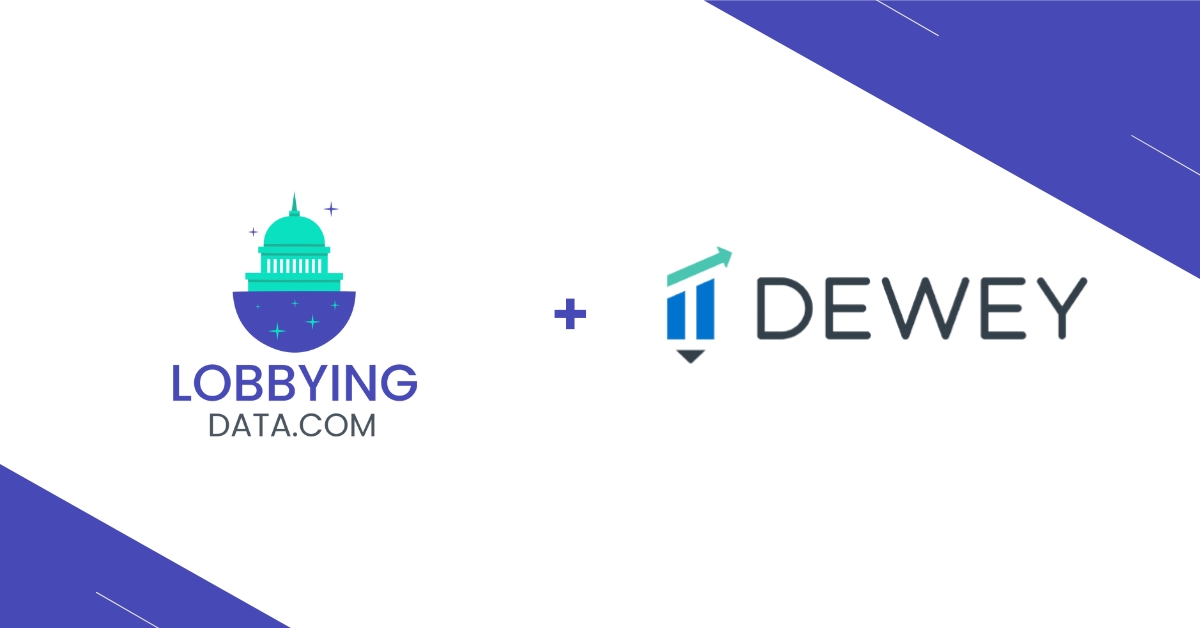Lobbying is a common practice in the political sphere where interest groups, individuals, and organizations try to influence decision-makers on specific issues. Lobbyists use various means such as persuasion, advocacy, and information sharing to sway the opinions of elected officials. However, lobbying is not without ethical considerations. It raises questions of transparency, accountability, and fairness, among others. This article explores some of the ethical concerns involved in lobbying.
Understanding Lobbying Ethics
Lobbying ethics refers to the moral principles and standards that govern the behavior of lobbyists and their clients. It involves the rules and norms that guide lobbying practices and how they relate to broader values and principles of democracy, justice, and public interest. Lobbying ethics is essential for maintaining the integrity of the political system and ensuring that lobbying serves the common good rather than the interests of a few. It also helps to build public trust in the political process and prevent corruption.
Key Ethical Considerations in Lobbying
There are several ethical considerations that lobbyists and their clients must take into account when engaging in lobbying activities. These include:
Transparency: Lobbyists must disclose their activities, interests, and funding sources to the public and the government. This includes registering with relevant authorities, reporting their expenditures, and providing accurate and timely information.
Accountability: Lobbyists must be accountable for their actions and their impact on the political process. They should adhere to ethical principles, follow legal and regulatory requirements, and respond to public scrutiny and feedback.
Fairness: Lobbying should be conducted in a fair and equitable manner that respects the rights and interests of all stakeholders. It should not involve undue influence, favoritism, or discrimination.
Integrity: Lobbyists should act with integrity, honesty, and professionalism at all times. They should avoid conflicts of interest, refrain from engaging in illegal or unethical behavior, and uphold ethical standards even in challenging situations.
Lobbying is a valuable tool for advancing policy goals and promoting the interests of various groups and individuals. However, it is important to recognize the ethical considerations involved in lobbying and ensure that it aligns with democratic principles, public interest, and ethical standards. By upholding transparency, accountability, fairness, and integrity, lobbyists and their clients can contribute to a more ethical and effective political system.







